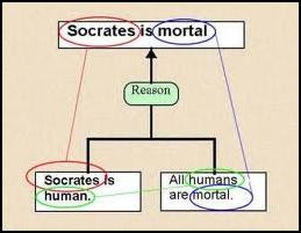The first place is Dr Andrew Chapman’s 1000-word essay from his blog which you can find here (I featured this blog on a dig deeper post recently). Dr Chapman sets out the basic argument as proposed by Anselm in the twelfth century followed by the criticisms of his contemporary Gaunilo and the eighteenth century philosopher Immanuel Kant.
The other source I am going to suggest is Mr McMillan REvision a vlogger on YouTube who produces really excellent videos on a variety of RS topics. These two are on the Onotlogical Argument:






 RSS Feed
RSS Feed
